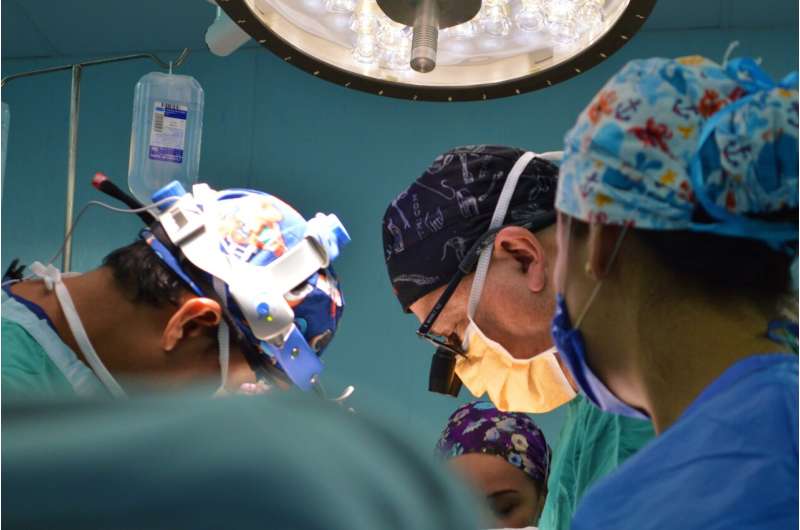New Malaria Treatment for Infants Brings Hope to Ugandan Healthcare

A new malaria medication approved for infants in Uganda offers hope to reduce child mortality caused by the disease. The drug, developed by Novartis, is a lower-dose, child-friendly formulation aimed at saving young lives during peak malaria seasons.
In Uganda, the introduction of a new antimalarial medication specifically approved for infants marks a significant advancement in the fight against malaria, a leading cause of death among young children in Africa. Malaria often goes unnoticed in newborns and infants because of the difficulty in diagnosis and the lack of suitable treatment options for this vulnerable group. The recently approved drug, developed by Novartis, is a lower-dose, easy-to-administer tablet that dissolves into a palatable syrup, making it suitable for babies weighing between 2 and 5 kilograms. This development is expected to save many young lives, especially during the rainy malaria seasons when infection rates peak.
Previously, healthcare providers had to carefully adjust adult medications to treat infants, which could lead to dosing errors and toxicity risks. The Swissmedic approval, in collaboration with the World Health Organization, allows for faster access to this vital treatment in developing countries, including Uganda. The new medication, marketed as Coartem Baby or Riamet Baby, combines two antimalarial drugs and is designed specifically for the delicate physiology of infants.
Malaria remains a significant health challenge across Africa, with Nigeria, Congo, and Uganda bearing the highest burden. In 2023 alone, Uganda reported approximately 12.6 million cases and nearly 16,000 deaths, predominantly among children under five and pregnant women. The availability of this child-friendly treatment is viewed as a major leap forward in reducing these numbers.
While some private pharmacies in Uganda already stock Coartem Baby, the government is working to nationwide rollout through clinical guidelines, aiming to provide free access in public health facilities. Local health officials are now trained to recognize that malaria can affect newborns, even in complex cases with conditions like sepsis. This awareness is crucial for early diagnosis and treatment.
The Malaria Consortium, an international non-profit, highlights the significance of this approval as a breakthrough for child survival efforts. The drug will also be introduced in other African countries such as Burkina Faso, Côte d'Ivoire, Kenya, Malawi, Mozambique, Nigeria, and Tanzania.
Funding remains a challenge, but ongoing support from global health organizations continues to sustain malaria-control initiatives like indoor mosquito spraying. The focus remains on vulnerable populations, especially children under five, to prevent severe disease and death. The approval of Coartem Baby offers a promising new tool in the ongoing fight against malaria, providing hope for many families affected by this preventable and treatable disease.
Stay Updated with Mia's Feed
Get the latest health & wellness insights delivered straight to your inbox.
Related Articles
New Research Links Brain Lithium Deficiency to Early Alzheimer's Development and Potential Reversal in Mice
New research reveals that brain lithium deficiency is an early indicator of Alzheimer's disease and suggests that targeted lithium therapy may reverse pathology in mice, offering hope for future treatments.
Study Finds Similar Smoking Initiation Risks for Vaping Teens and 1970s Peers in the UK
A pioneering UK study shows that vaping teenagers are as likely to start smoking as their counterparts in the 1970s, raising concerns about reversing declines in youth smoking rates.



